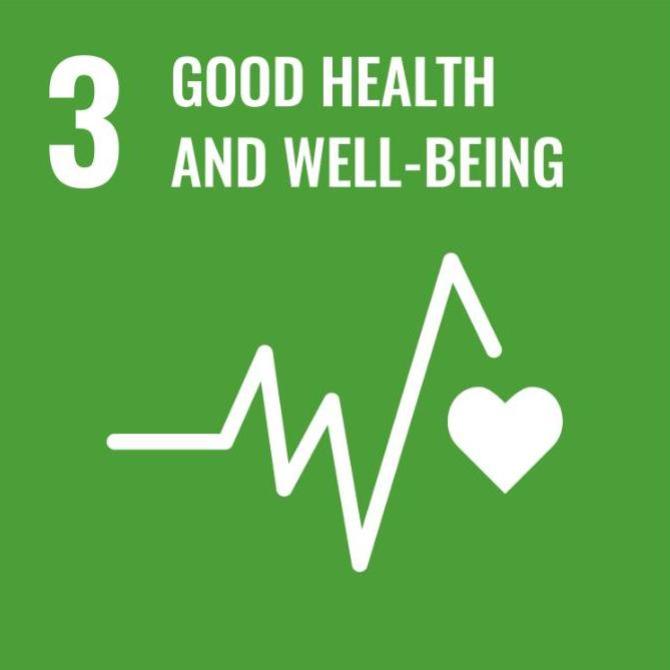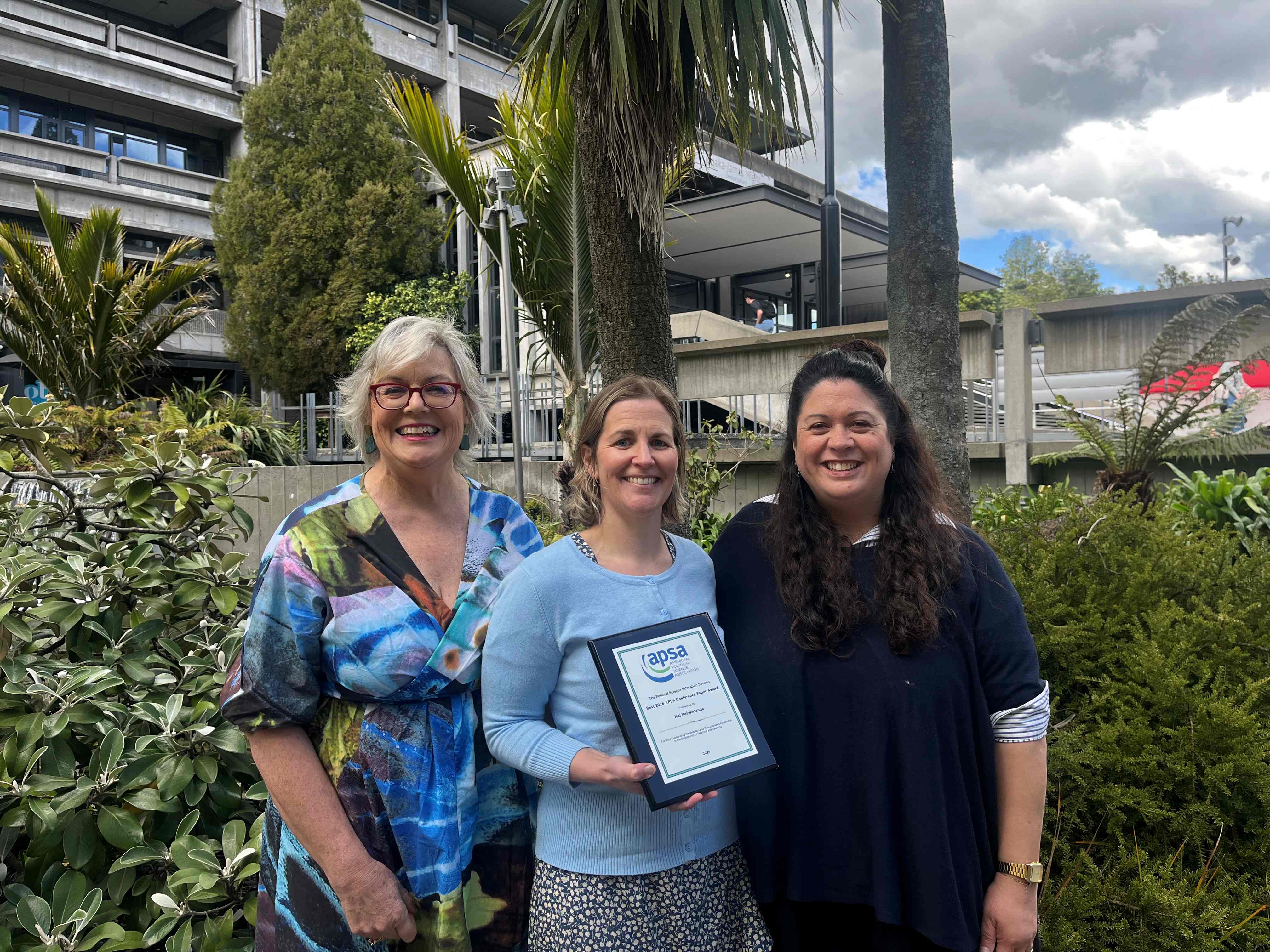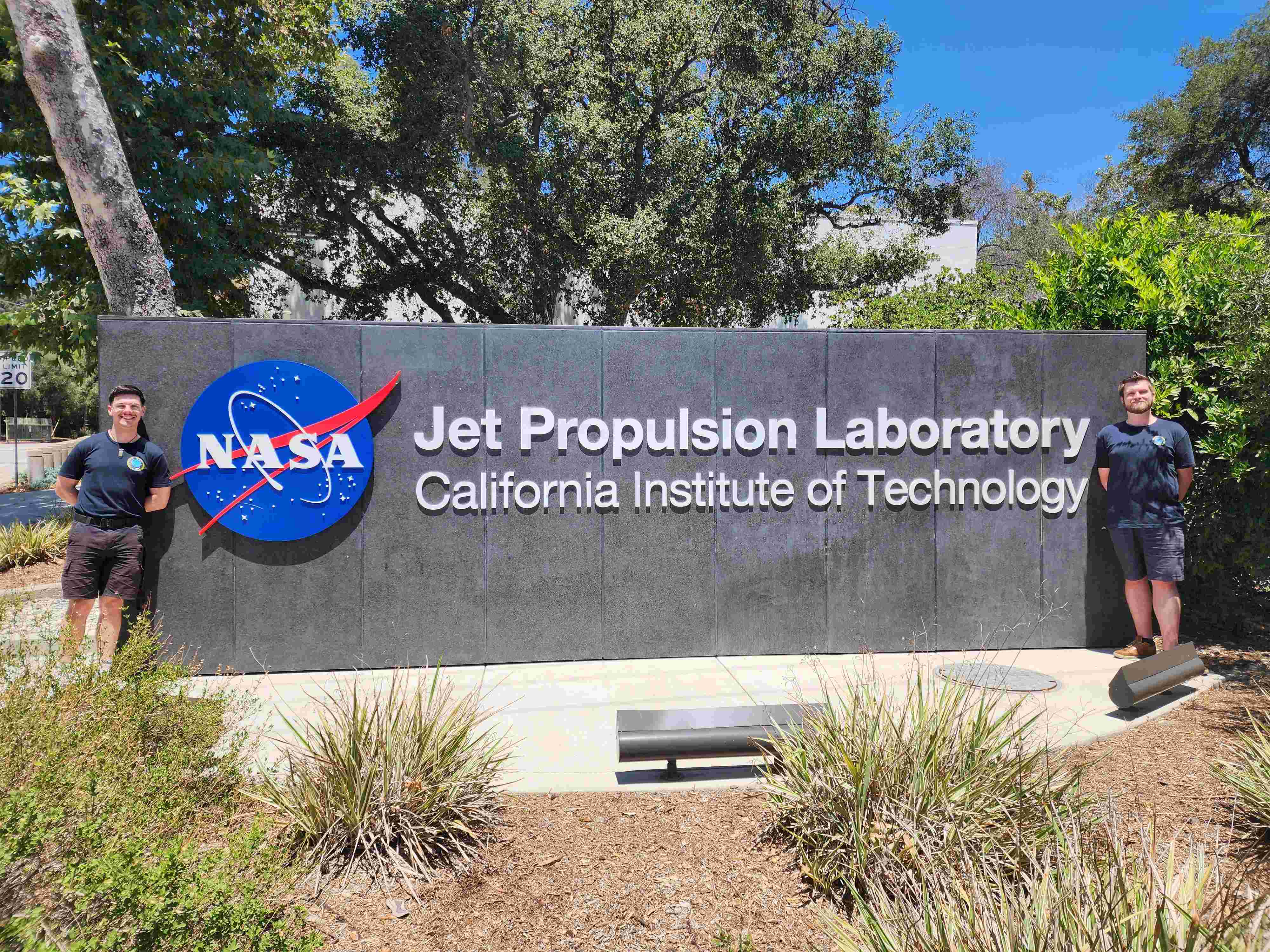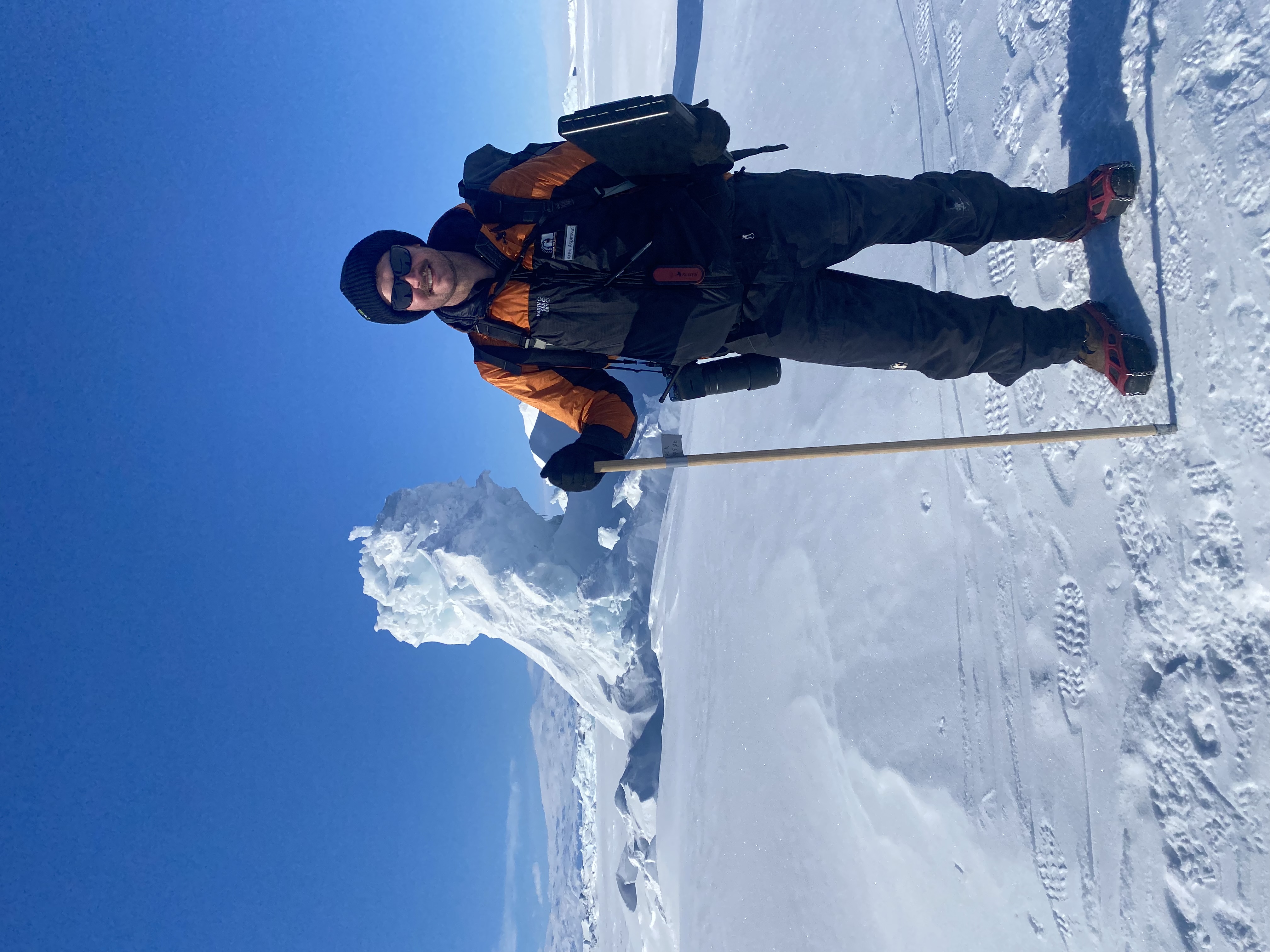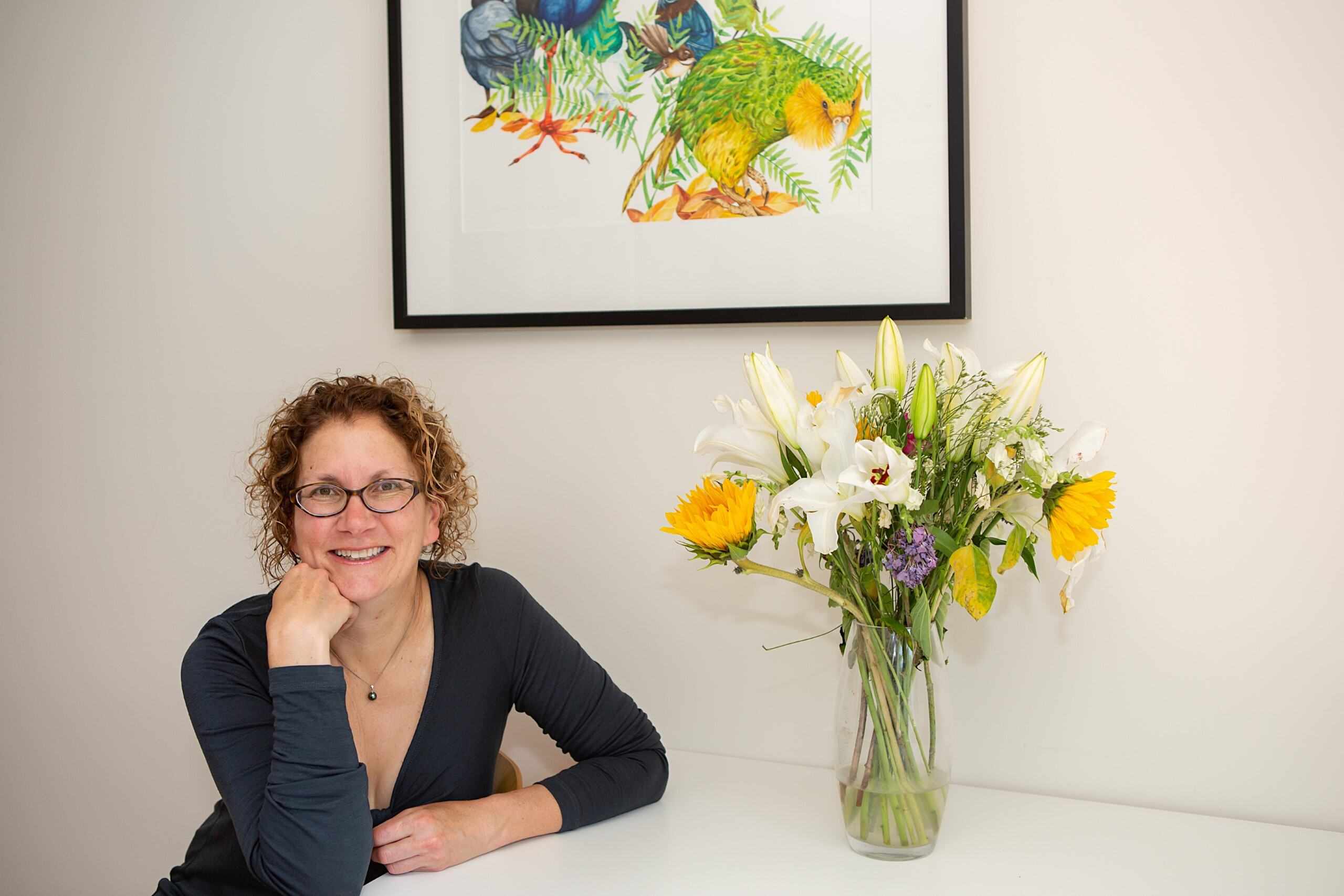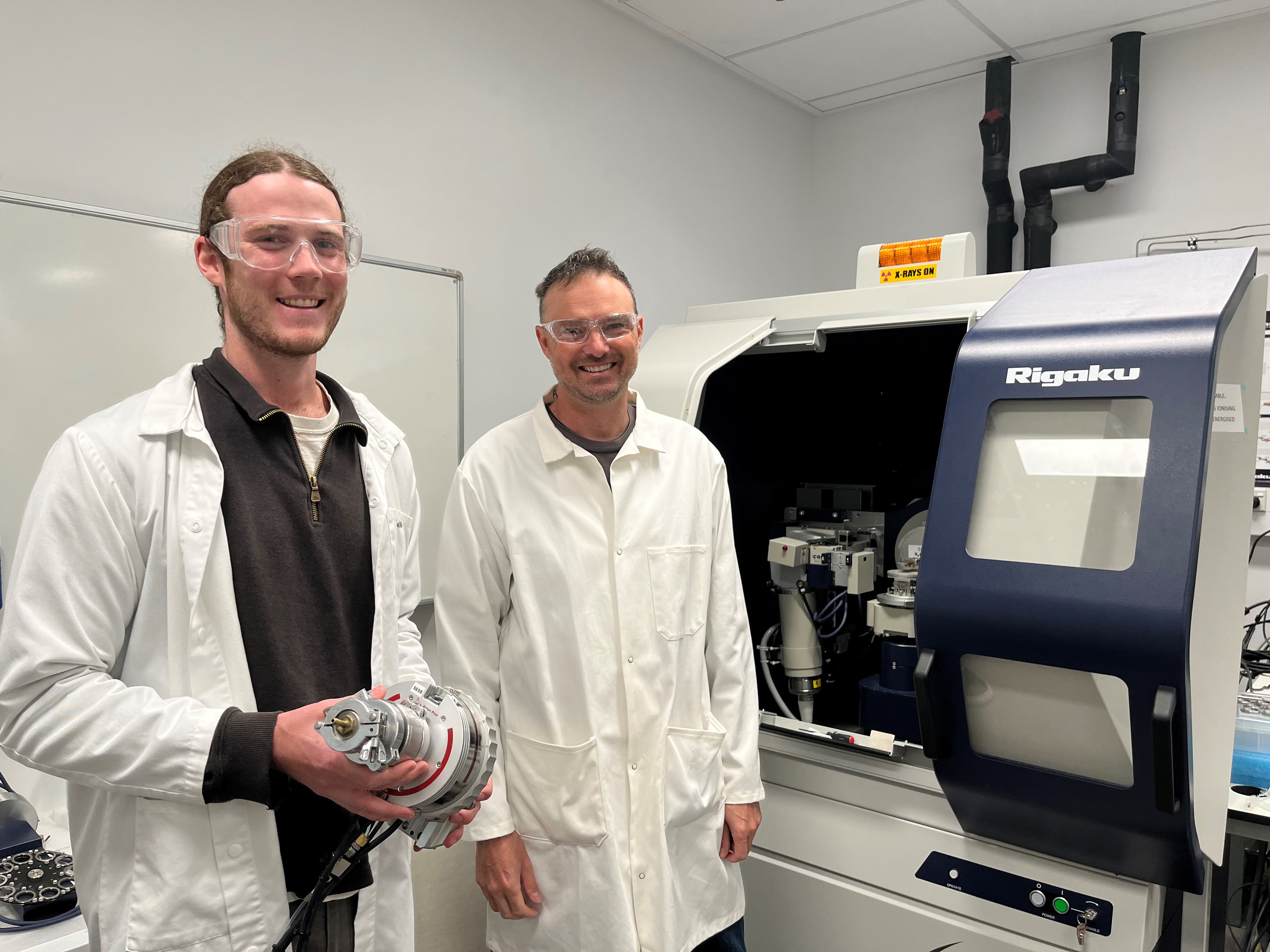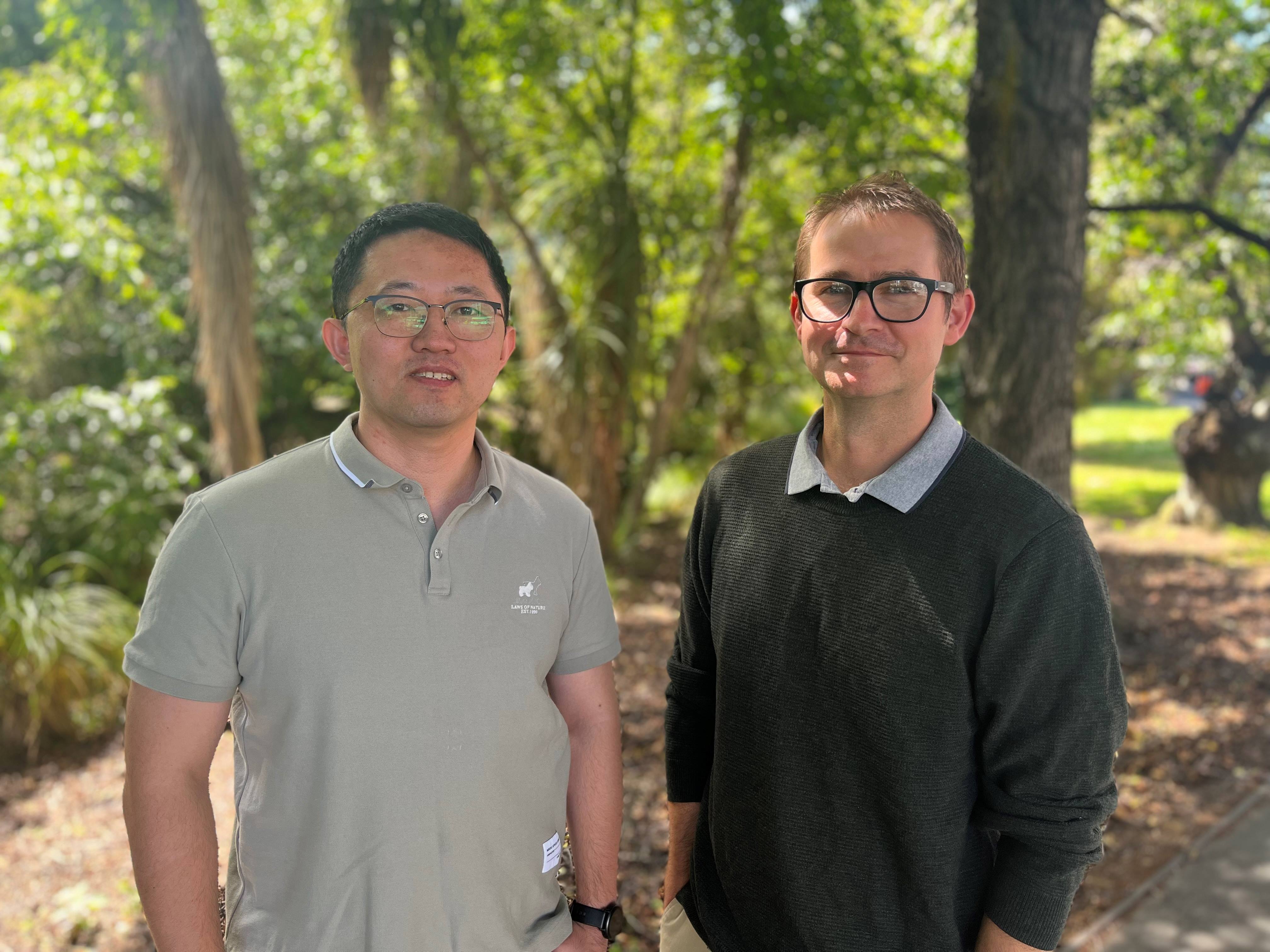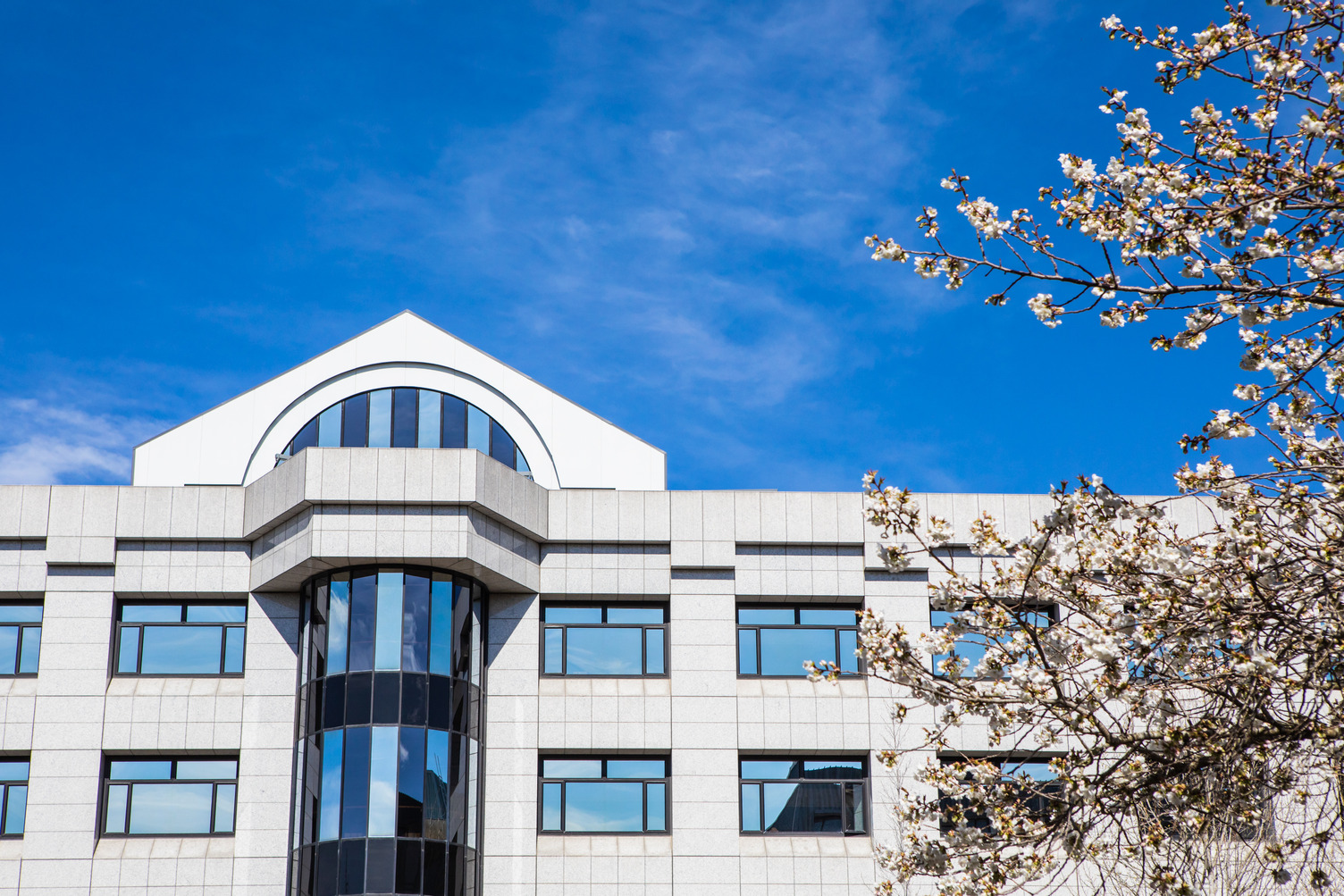“The pump design we’re working on will cost about $2000 and can deliver the same benefits and outcomes as the more expensive variety, offering a more affordable solution for people with diabetes,” Dr Campbell says.
“Our team’s mission is to provide equitable access to the best diabetes treatment for a lower price and improve health outcomes in the process.”
To be eligible for a Pharmac-funded pump, an endocrinologist needs to evaluate the patient to see if they would benefit and strict criteria is applied. Currently only 16 per cent of eligible New Zealanders have access to an insulin pump with about 3,300 being Pharmac-funded.
Dr Campbell says diabetes costs the New Zealand health system $2.1 billion each year, and this is expected to increase by 63 per cent by 2040.
“Lower socio-economic groups are affected most by the growing cost of healthcare and often suffer poorer outcomes because they can’t access the best technology for diabetes management,” he says.
“There’s a need for technology that removes the high-cost barrier to better health outcomes.”
The UC team is also hoping to provide new data management software later this year that can effectively record a patient’s diabetes data and information in one place. The software would be useful for people with type 1 or type 2 diabetes, as well as their healthcare providers.
There are over 26,000 New Zealanders living with Type 1 diabetes and another 50,000 require insulin therapy. Worldwide there are 97 million insulin-dependent people.
Dr Campbell says the team plans to file a patent for their low-cost insulin pump in the next few months. Their market research shows demand for insulin pumps internationally is growing along with the prevalence of diabetes, giving a global market for insulin pumps of over US$4.6 billion.
The team also includes Dr Jennifer Hoi Ki Wong, a Lecturer in the UC School of Psychology who specialises in barriers to the adoption of new technology, and Dr Grace Walker (Ngāti Kahungunu, Ngaruahine) a UC PhD Psychology graduate and data scientist who works in the field of rūnanga and iwi liaison and is focusing on community engagement for the project. She has been holding hui with rural and urban Māori and meeting with marae-based health providers.
“One of the reasons we are engaging with the Māori community so closely is that they are disproportionately impacted by diabetes,” she says.
“If we can improve access to technology it’s more likely to improve their day-to-day lives. We’re also targeting rural communities because we’re finding that in some instances people with diabetes have to drive for two hours to see their doctor.”
The team was awarded National Science Challenge (Science for Technological Innovation) funding last year and received $1 million towards commercialisation of the pump product. They’ve also received funding from KiwiNet, a network that offers support for science discoveries so they can become marketable products.
Dr Campbell says they are hoping to develop the business as a spin-out from UC. “We plan to establish a company to manufacture and distribute the low-cost insulin pump and supporting software.”
Dr Campbell, Dr Walker and Dr Hoi Ki Wong, along with UC Master of Science student Lucy Jessep are travelling to Vancouver, Canada this month to present their insulin pump technology at an indigenous health conference, Healing our Spirit Worldwide.


